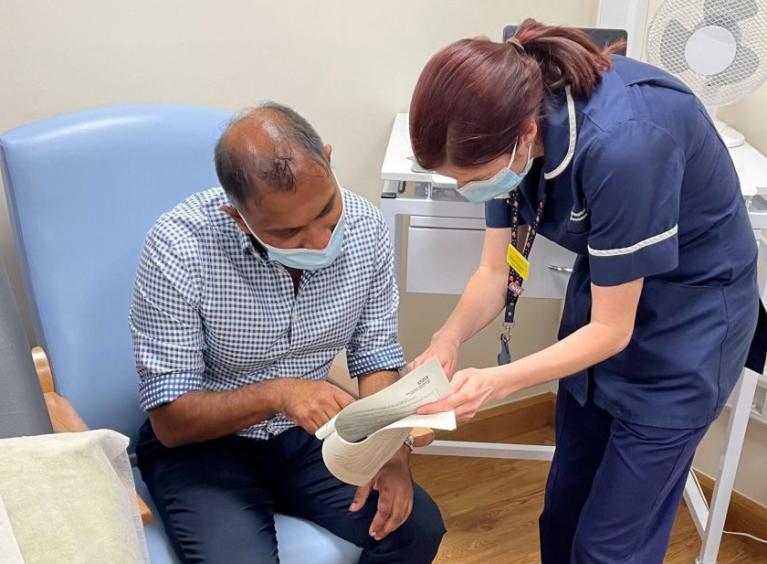Our Emergency Department is very busy right now and some people are experiencing long waits. If you do not require emergency care, please use an alternative such as 111 online.
We offer a vast range of diagnostic (gastroscopy and colonoscopy) and therapeutic procedures (such as ERCP, stenting and feeding tubes) as well as specialist services such as capsule endoscopy, trans-nasal endoscopy and endoscopic ultrasound. Our unit also serves as a Bowel Cancer Screening Centre.
The team prides itself on providing a high quality, safe patient experience. We have achieved high levels on the Global Rating Scale; this looks at clinical quality and the quality of patient experience. The scale looks at a range of standards that include: safety, comfort, quality, equality, aftercare, choice, privacy and dignity.
Our team
Our team includes experienced NHS consultants and specialist nursing staff, supported by anaesthetists.
We pride ourselves in providing an excellent service to all our patients, whether they are unwell and need urgent treatment, or are well and coming in for screening.
Our lead consultant is Dr Elmuhtady Said and our lead nurse is Bethan Potter.

